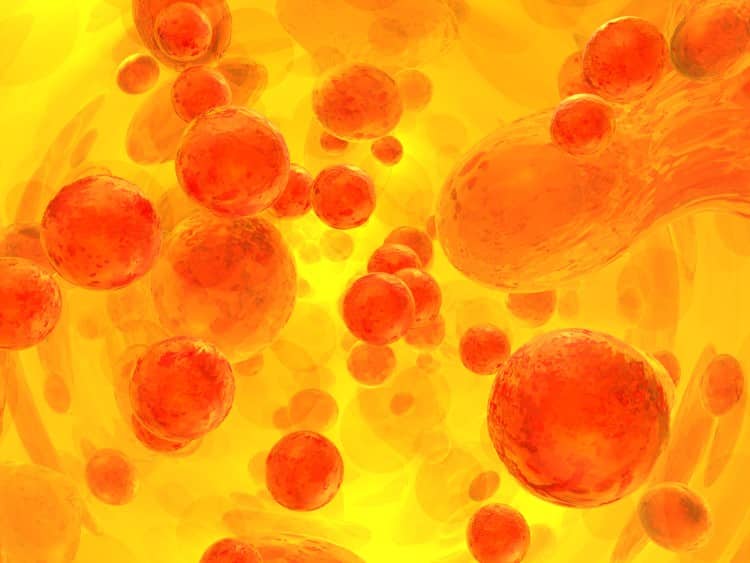
Photo: suravid/Depositphotos
Using genetic-engineering technology, Israel's Hadassah University Medical Center has developed a successful way to treat a deadly blood cancer. They've recently announced a 90% success rate in treating patients with multiple myeloma cancer. This is an incredible achievement, given that multiple myeloma is considered an incurable cancer.
The experimental treatment was developed over the past few years at the Jerusalem hospital's bone-marrow transplant and immunotherapy department. It involves using Chimeric Antigen Receptor T-Cell Therapy (CAR-T). This type of therapy harnesses the power of the patient's immune system and uses it to target and destroy cancer cells.
According to the hospital, of the 74 patients that have received the treatment, 90% have gone into remission. This is incredible news for those suffering from this aggressive blood cancer and gives them a glimmer of hope for a positive outcome.
“In light of the impressive results of CAR-T treatments, it seems that they have many more years to live—and with an excellent quality of life,” said Professor Polina Stepensky, head of the department.
Stepensky says that they currently have a waiting list of over 200 patients from around the world who are seeking out this experimental treatment. Due to the complexity of the treatment, only one patient a week is allowed access to the therapy.
While CAR-T therapy has been around for decades, until now, it has been quite cost-prohibitive. Extensive research at Hadassah has allowed the hospital to bring the costs down dramatically, which, in turn, made the treatment more accessible.
The researchers are hopeful that the treatment will soon become available in other parts of the world. The American firm IMMX Bio has acquired the patent license, and a clinical trial will be starting in the United States shortly. Stepensky says that the goal is to have the drug FDA-approved within a year so that commercialization can start and more patients can take advantage of the treatment.
h/t: [The Jerusalem Post]
Related Articles:
Study Finds Plant-Based Diets Protect Against Digestive Cancers
Researchers Develop mRNA Treatment That Could Combat a Peanut Allergy
Alzheimer’s Drug Shown To Slow Down Disease by Nearly 30% In Clinical Trial
2018 Nobel Prize in Medicine Goes to Researchers Who Revolutionized Cancer Therapy






















































































